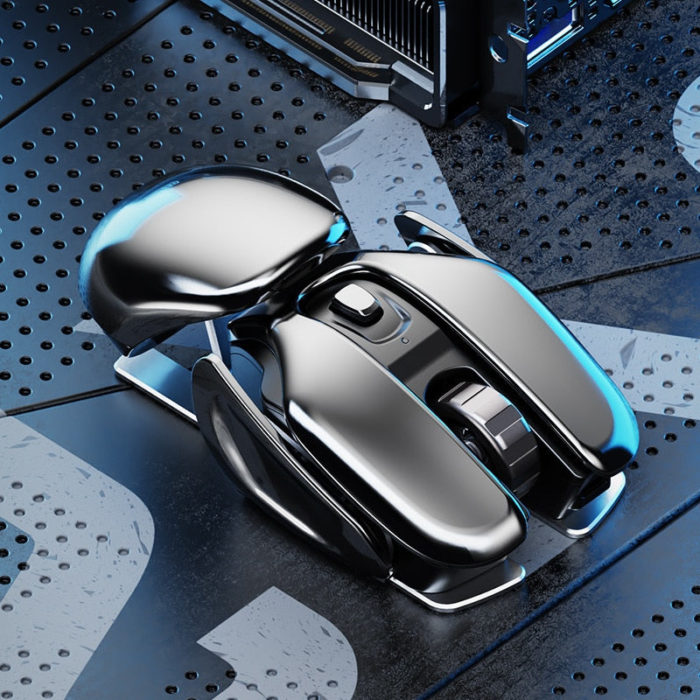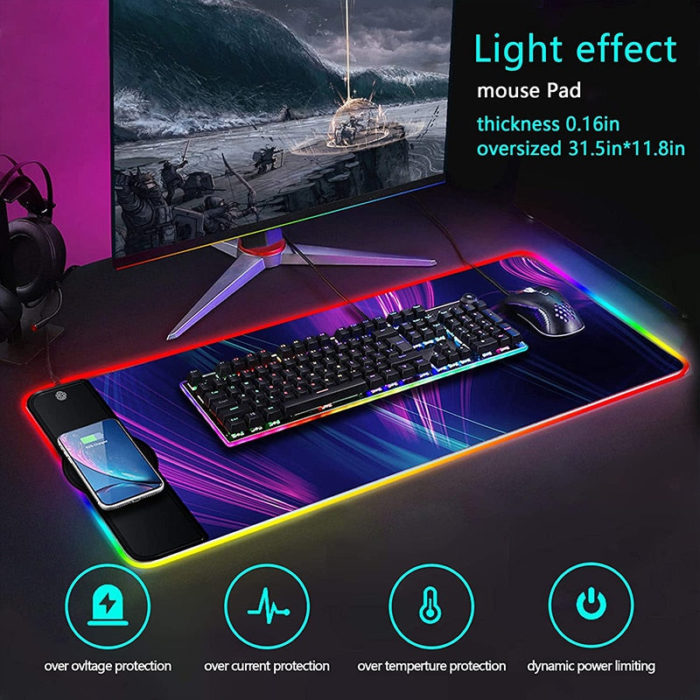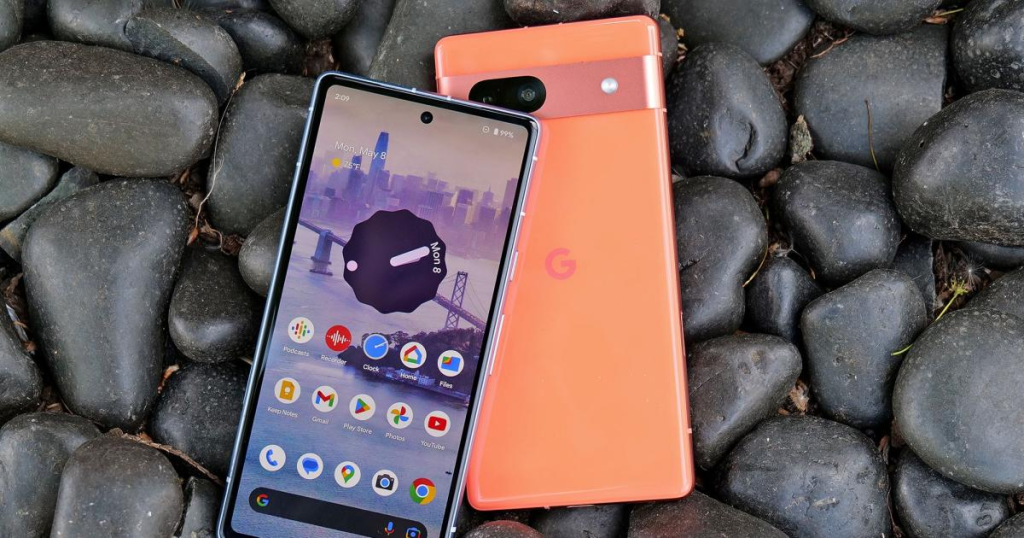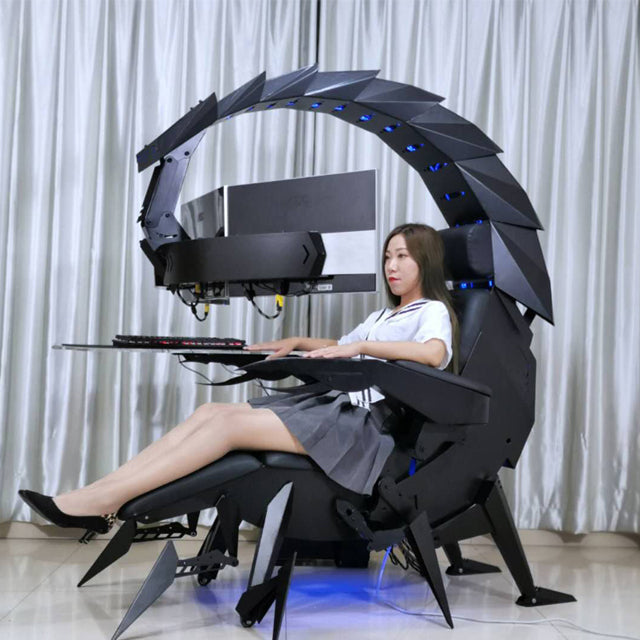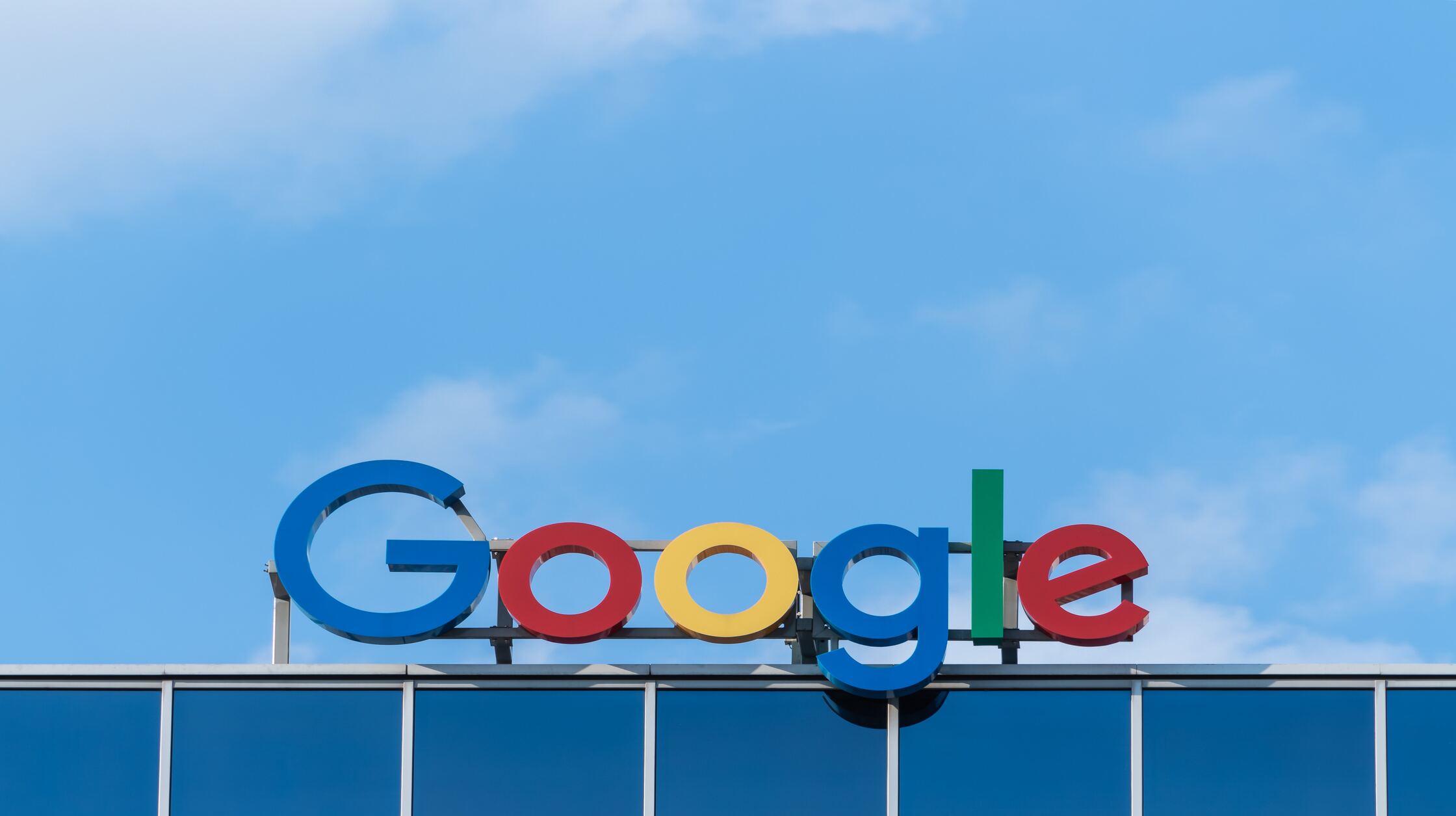Google DeepMind, formerly known as DeepMind Technologies, is originally a British AI research laboratory established in 2010 by Demis Hassabis and Shane Legg. Acquired by Google in 2014, it now operates as a subsidiary of Alphabet Inc., Google’s parent company. With headquarters in London, DeepMind has expanded its research centers across the United States, Canada, and France.
DeepMind aims to leverage AI technology, specifically reinforcement learning, to resolve complex problems traditionally beyond the grasp of computational capabilities. Its applications are far-reaching, from predicting protein structures to defeating human competitors in board games like Go, Chess, and Shogi. Other real-world applications include enhancing smartphone battery life and reducing energy consumption in data centers.
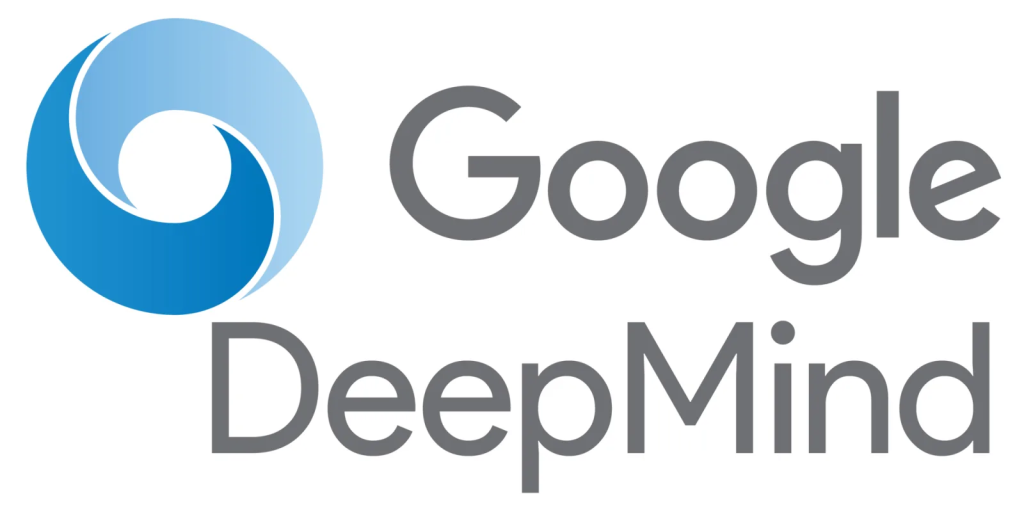
How Does DeepMind Work?
DeepMind operates primarily on an artificial neural network, designed to mimic the connectivity of neurons in the human brain. The system uses a convolutional neural network, mirroring the organization of the human visual cortex, accepts pixel data as input, and learns from experience.
Despite lingering controversies surrounding artificial intelligence, Google has made remarkable progress in harnessing AI’s potential. For instance, DeepMind was trained to develop winning strategies across a variety of games without altering game codes. It has even defeated human competitors in numerous games, including Go, a board game with ancient origins.
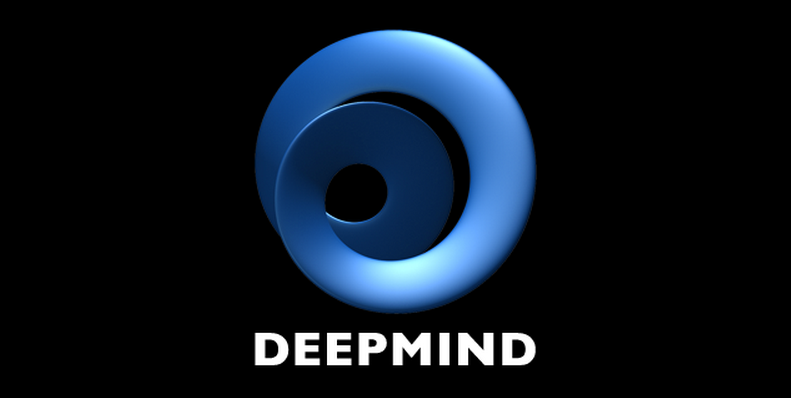
How Does DeepMind Work?
DeepMind operates primarily on an artificial neural network, designed to mimic the connectivity of neurons in the human brain. The system uses a convolutional neural network, mirroring the organization of the human visual cortex, accepts pixel data as input, and learns from experience.
Despite lingering controversies surrounding artificial intelligence, Google has made remarkable progress in harnessing AI’s potential. For instance, DeepMind was trained to develop winning strategies across a variety of games without altering game codes. It has even defeated human competitors in numerous games, including Go, a board game with ancient origins.
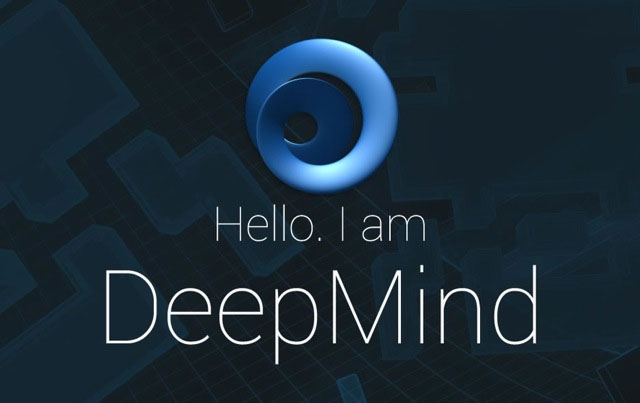
What Can DeepMind Do?
Beyond resolving complex problems and performing in diverse conditional situations, DeepMind has demonstrated its indispensability in fields like biology, diagnostic medicine, navigation, app development, and image generation. Below are a few examples of what this AI is capable of:
Create Images
DeepMind AI can generate realistic images independently, without copying from another source. It initially learned from a database created using ImageNet, which provided real-world images as learning samples. The neural network was then trained to generate its own images.
Navigate Without a Map
DeepMind AI can navigate cityscapes without relying on a map. It learned to traverse through major cities, using first-person view images obtained from Google Street View, eventually mastering different routes as if it were a city native.
Strategically Out-reason Humans
DeepMind has outperformed humans in various tasks, particularly board and computer games. It has shown capability in team-based activities and has even defeated human competitors in games like Quake III Arena’s Capture the Flag.
Learn How to Walk on Its Own
DeepMind’s AI has been demonstrated learning how to walk independently within a virtual environment filled with obstacles.
Detect Eye Diseases Better than Doctors
DeepMind has made significant strides in healthcare, notably in diagnosing eye diseases. In collaboration with London’s Moorfields Eye Hospital, the AI system can detect and diagnose 50 eye diseases with remarkable precision.
Diagnose Breast Cancer
In association with Google’s AOI health research team and the Cancer Research U.K Center, DeepMind has played a critical role in detecting and diagnosing breast cancer.
Optimize App Recommendations in Google Play
DeepMind has personalized app recommendations for users of the Google Play platform. Its machine learning capabilities enable users to find other useful apps based on their previous downloads or searches.
Detect Acute Kidney Injury
Through the safety alert app Streams, developed by DeepMind, medical practitioners can now easily detect kidney injury and other serious ailments swiftly.
Conclusion
Google DeepMind is revolutionizing not only the tech world by introducing smart apps and optimizing technological usage but also the medical industry by enabling doctors to detect, diagnose, and treat complex diseases. As it stands, Artificial Intelligence, epitomized by DeepMind, is set to continue revolutionizing the modern world.

